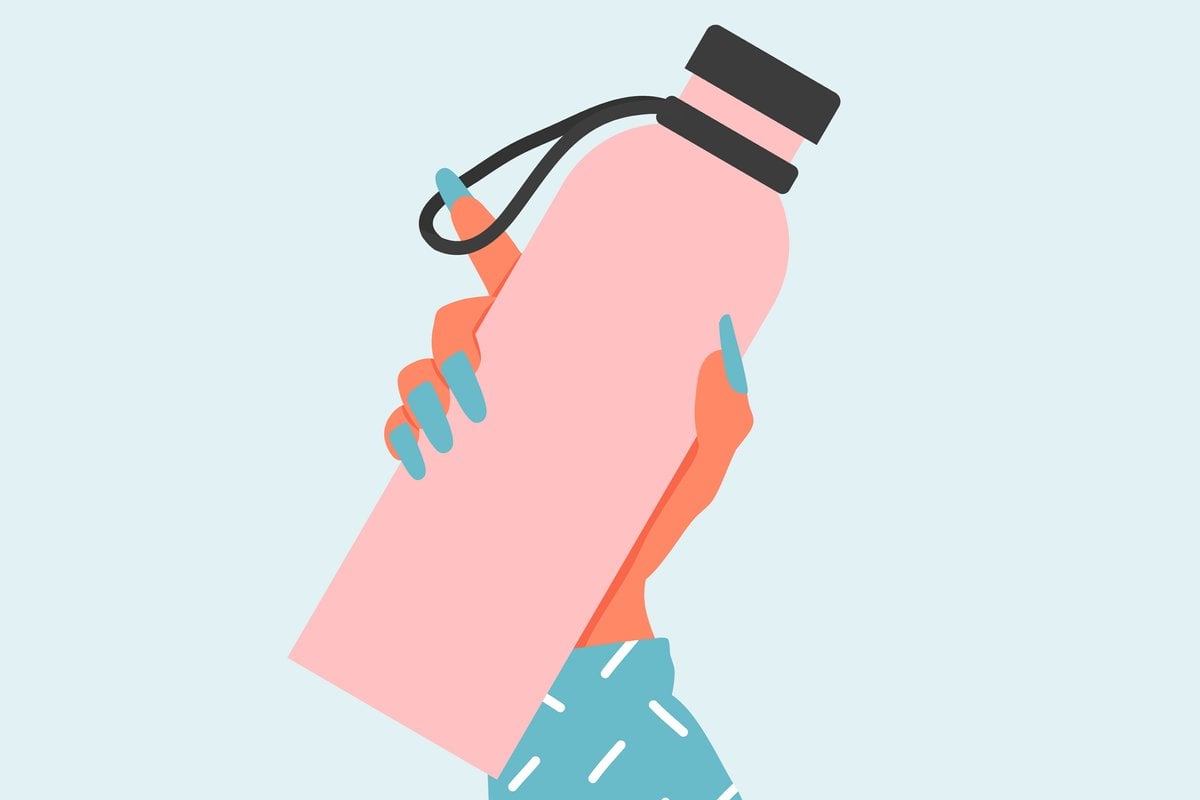
Fact: We're a generation that's obsessed with water. We are! Really, we are. You'd be lying if you told us you didn't have a fancy BPA-free stainless steel water bottle you take with you everywhere (extra points if it has your initials monogrammed onto it).
Just to put it into perspective, apparently we drink over 30 litres of bottled water each year. THIRTY LITRES. See? Obsessed.
And quite rightly so. Almost everywhere you look, someone seems to be touting the benefits of water - it's the magic cure-all formula for beauty and health. Good for your skin! Flushes out toxins! Makes you feel fuller! Exercise better!
But is any of this actually... true?
Watch: Here are five refreshing fruit-infused water recipes. Post continues below.
Does slamming glass after glass after glass of water actually have a measurable or visible effect on your skin and your overall health?
To find out, we asked GP Dr Imaan Joshi to help us separate myth from fact when it comes to water and health.
1. You need to drink two litres of water every day.
We're all over here chugging down, like, eight glasses of water a day because someone told us to. But do we actually need to drink that much?
Well, apparently it's not a one-size-fits all kind of thing - there's no magic number when it comes to how much water you should drink.


Top Comments